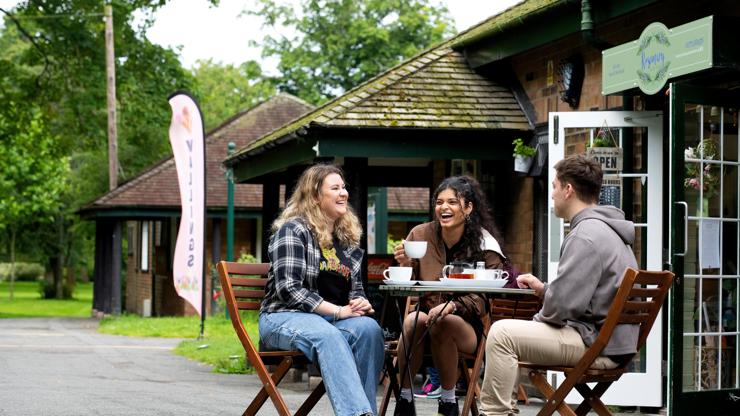Burnout is a special type of stress which can be related to any aspect of your work or personal life. It might even cause you to become more cynical or start doubting your abilities. It can even be a cause of procrastination.
1. Recognise your situation
Usually if I come back from a lecture or placement and feeling overwhelmed, or emotionally drained it gives me the signal to check in with myself. To be honest, I use this an opportunity to acknowledge that I may just need a break. I try to set realistic goals for the day (for example, instead of saying you’ll cover a whole topic after a lecture, focus on a single concept from the day before).
2. Take regular breaks
Try your best to schedule in breaks if you know you have a busy week ahead. I usually give myself a Sabbath; one day of the week where I completely switch off ‘work-mode’ and do something you enjoy! If you’re on a very busy course, this may just be a little harder. But don’t be afraid to have a day or two where you close all the tabs on your laptop (I know they’re still open) and just breathe.

3. Tell someone
Speaking with a trusted family member, friend, or therapist if you have one can help you explore what lead to you feeling burnt out. Personally, I’ve contacted the UCLan Wellbeing counselling service, but whilst I was on the waiting list, I did contact a trusted individual. In addition, if you’re comfortable, you can try speaking to a tutor on your course. People like this can also help you brainstorm some ideas that may help you to avoid a similar situation later on.
4. Prioritise yourself
Managing your own health should be your top priority. If you’re feeling unwell, physically or mentally, speak to a trusted health professional. At UCLan, all students are eligible to register themselves at the medical centre free of care.
It’s important to be self-aware of the impact of stress on our work and understand how you personally react to stress. Knowing how you react can help you in high-pressure situations. For me, keeping a journal of my thoughts helps me reflect on how I react to stressful situations.
We also can’t neglect the importance of sleep… a few late-night study sessions here and there won’t hurt, but after a while an irregular sleep schedule can impact you mentally and physically.
Also, remember that food and exercise play a key part in keeping you well! Try not to skip meals, and throw a vegetable or two in there for good measure.
You can access a mental health advisor for free. They can signpost students to best service that meets your needs. You can also self-refer for Student Counselling, Mental Health or Wellbeing Support if you would like.

